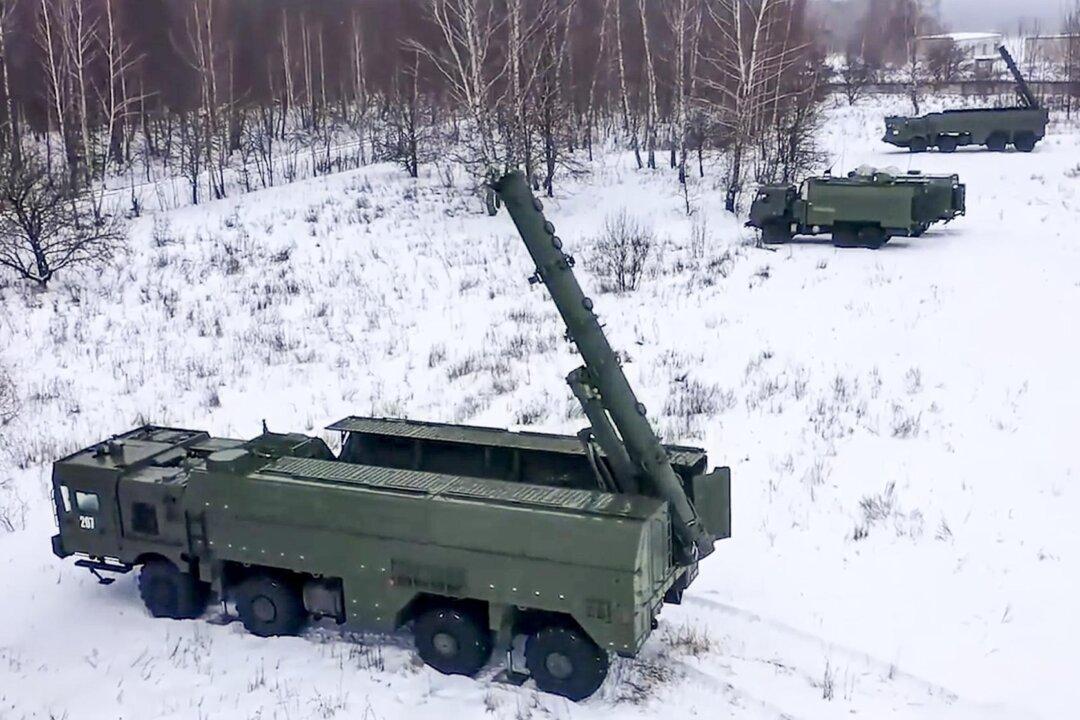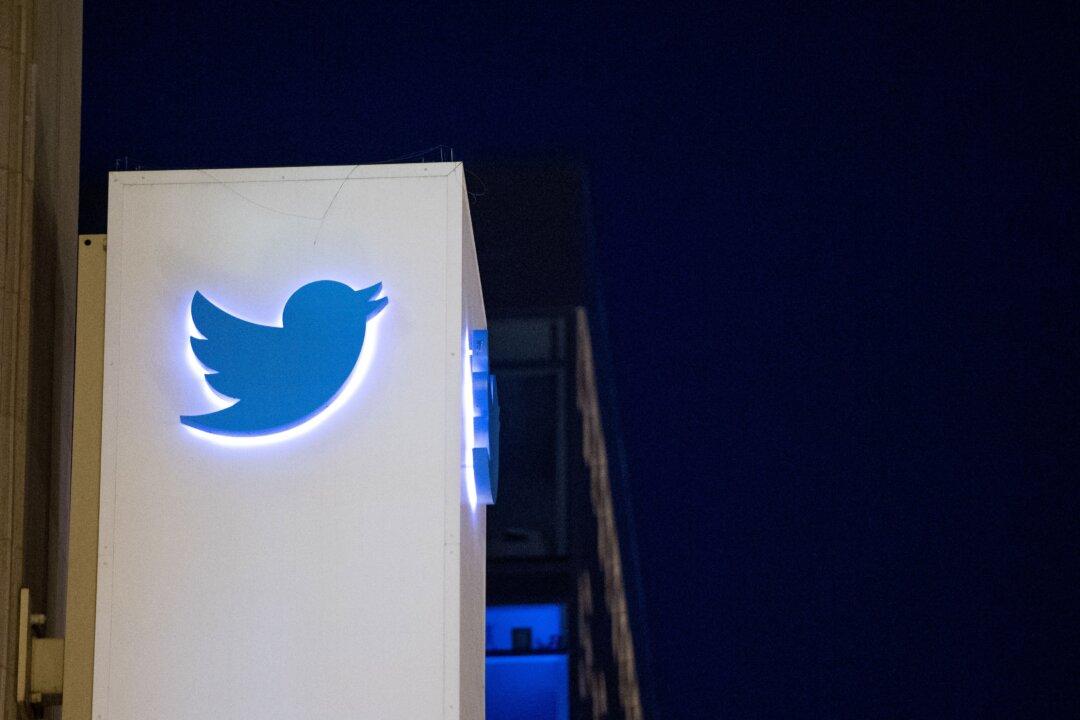The SPDR S&P 500 ETF Trust traded lower by 1.3 percent on Tuesday and is down 5.2 percent overall in the past five trading sessions. One of the catalysts driving the market sell-off is a potential Russian invasion of Ukraine. On Tuesday, LPL Financial Chief Market Strategist Ryan Detrick discussed the impact a Russian invasion could have in stock prices.
Market Resiliency
In a blog post, Detrick said the overwhelming majority of geopolitical events dating back to World War II didn’t have much of a lasting impact on U.S. stock prices.“As devastating as a major conflict could be between Russia and Ukraine, the truth is stocks likely will be able to withstand the geopolitical struggle,” he said. “In fact, looking back at other major geopolitical events throughout history reveals stocks usually take them as a nonevent.”





